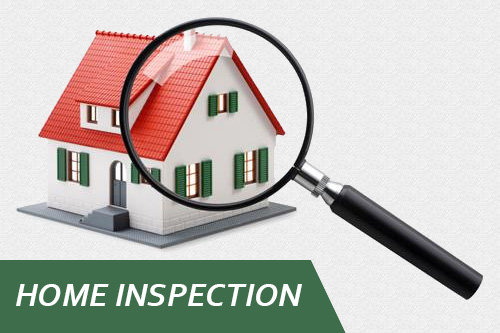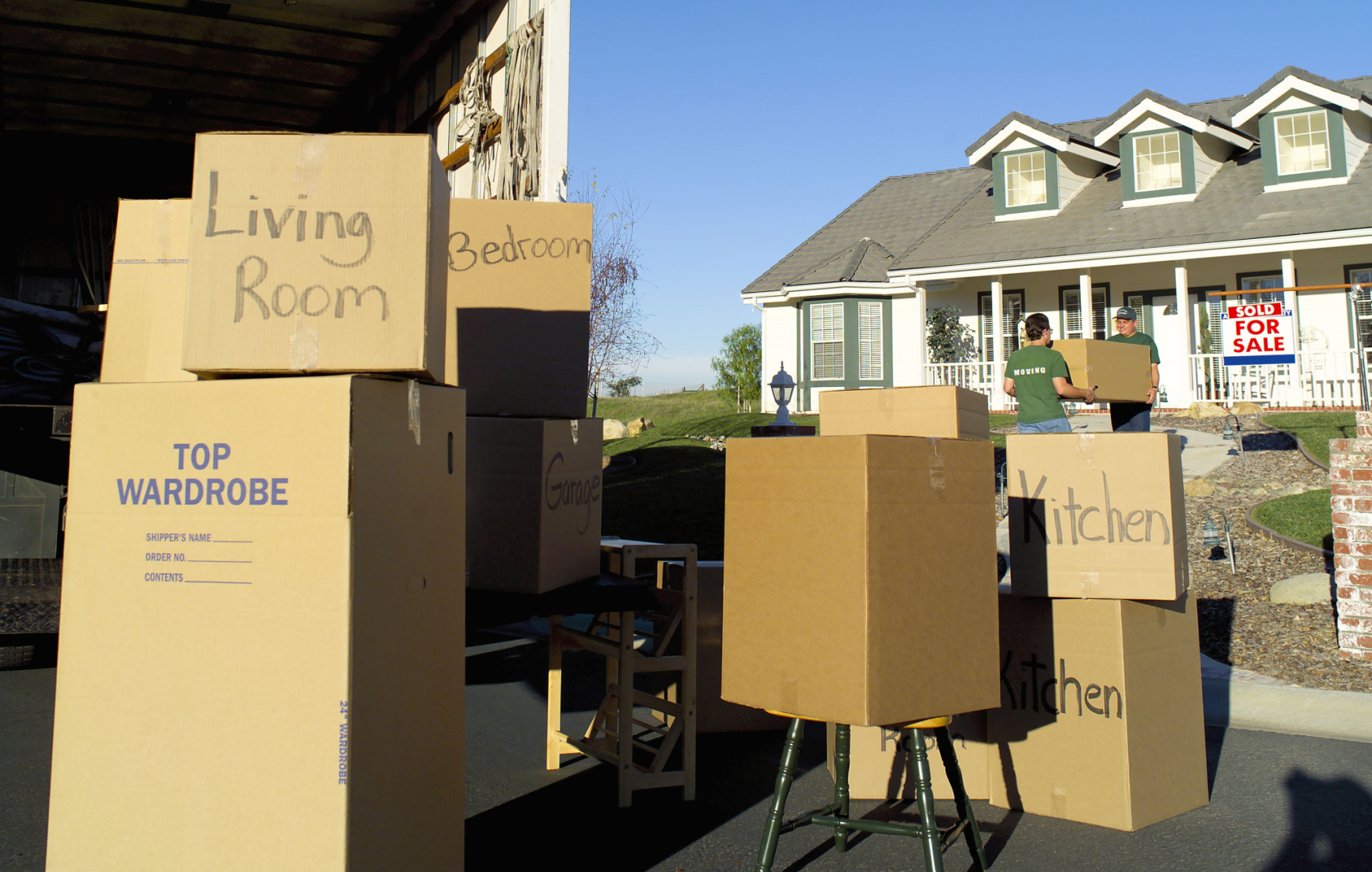Hiring the right real estate agent is a major factor in successfully selling your home. Working with the ideal agent can give you more assurance that you can sell your property quickly and for the right price. But how do you know which agent is the right one?
Should you go with someone who is new in the industry or with someone who has more experience? There are pros and cons when working with either newly licensed or veteran agents. And although experience is an advantage, there are so many other factors to consider. Therefore, how long they have been in the business shouldn’t be the only requirement when you pick who to work with.
Family and friends will certainly have their own recommendations, and online searches & reviews are sure to provide even more options. So, to narrow it down, you should look for a real estate agent who specialises in your neighbourhood. Why?
Agents who have a good track record of selling homes in your locality will be familiar with the trends and pricing in the local market and they will be up to date on current developments in the community that can affect property prices and sales.
Once you’ve found several options, whittle your list even more by reading agent reviews. And most importantly, schedule an initial meeting so you can personally interview them and get a first impression of your prospects.
The questions below will be your guide to finding the right real estate agent to sell your home.
1. Do you specialise in working with buyers or sellers?
In the process of acquiring their license, agents will typically get a basic background in real estate investing, buying, and selling. Generally, most will focus on working with buyers in their first few years since it requires less knowledge of pricing solutions and marketing properties—factors that are important to sellers.
Check if prospective agents have a more or less equal number of clients who are buyers and sellers to gauge how well-rounded their experience is.
2. How many homes have you sold in the past year?
This can further support your first question and give you a better idea of how good someone is in selling real estate. Even if somebody has been in the business for just a few years, you can determine how successful they already are by the number of homes they sold in the past 12 months. The bigger the number the more likely you’re dealing with a skilled and efficient agent.
You can dig a bit deeper by asking the type, location, and selling price of the properties they sold.
3. How much do you charge and what are the other fees?
Expect higher charges from top agents with more experience and success. Don’t forget to also ask what other fees you’ll be paying for aside from their commission. They should be transparent and upfront when it comes to charges so you can be prepared for all expenses and fees.
4. How do you decide on the listing price?
You want to work with somebody who understands the market and knows how much other properties similar to yours have sold for recently. It also helps to know their success rate in selling homes for the listing price in your area.
5. What is your plan to sell my home?
How aggressive and resourceful are they in marketing? What methods do they use? Do they work with staging agents and photographers? Do they have a clear-cut plan?
Lean towards real estate agents who understand the diverse advertising tools used today such as videos, social media, and online listings.
6. Can you help me find other professionals to help with the selling process?
How well-connected are they in the industry? Can they recommend specialists in home staging, real estate photography, settlement, property inspections, etc.?
Ask why they recommend these professionals. Check if they are affiliated with these service providers or have a mutual parent company. If they are, it’s most likely these agents are getting a commission from these vendors.
7. Can I check all documents before signing them?
Professional real estate agents will make sure you get to review all papers and understand the contents of each one before placing your signature on them. They are willing to accommodate any clarifications and this should not be a hassle for them.
What about if you decide you are unhappy with a deal and want to cancel the agreement? Will they still help you and prioritise your needs as a seller?
While doing the interviews, try and gauge how accommodating they are in answering your questions. Ask also if there is anything else they think you should know. Did they give you more helpful information?
Good agents will be willing to spend the time to listen to your concerns, answer your questions, and provide you with options. Most importantly, they are honest and transparent so you are fully aware of what you are getting yourself into.
Of course, respect their time too since they are giving it to you for free during the first meeting. Avoid asking them a hundred questions no matter how tempted you are to learn every single detail about them. Instead, use the 7 guide questions above as an initial screening method. Then, supplement with your own research so you can arrive at the best decision.









